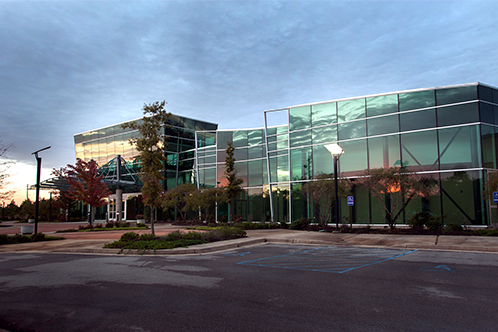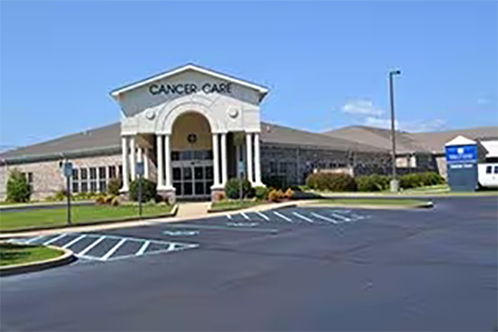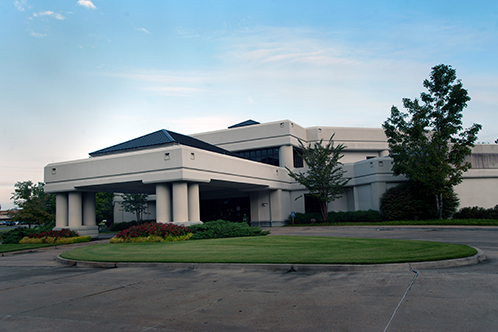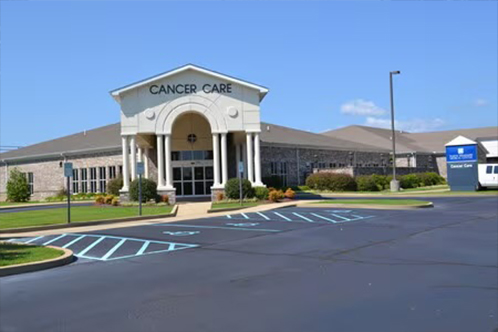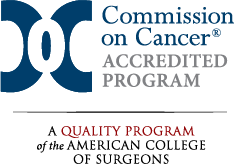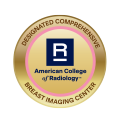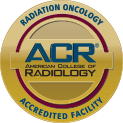Includes in situ, ductal, lobular & inflammatory breast cancers
- Home
- Medical Services
- Cancer Care
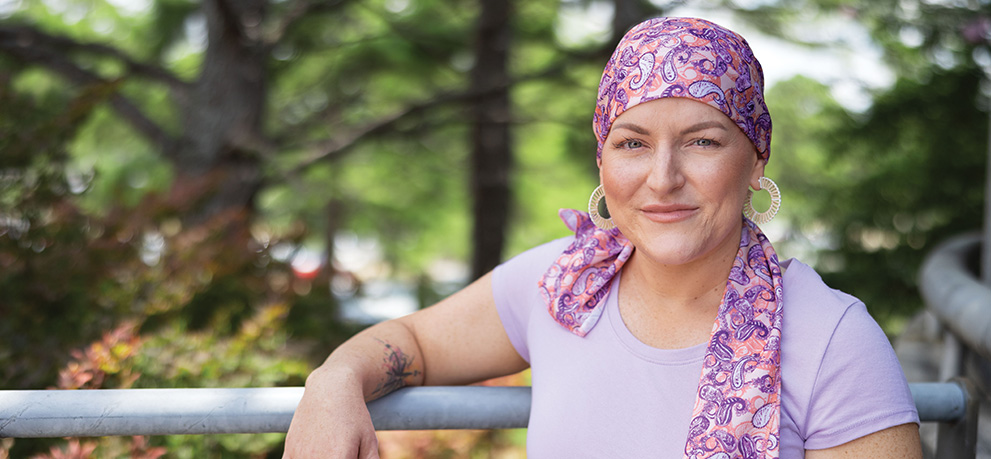
Cancer Care
We bring together an expert team to deliver comprehensive oncology services tailored to our patients, helping them navigate through diagnosis, treatment and follow-up care with clinics in Tupelo and Starkville.
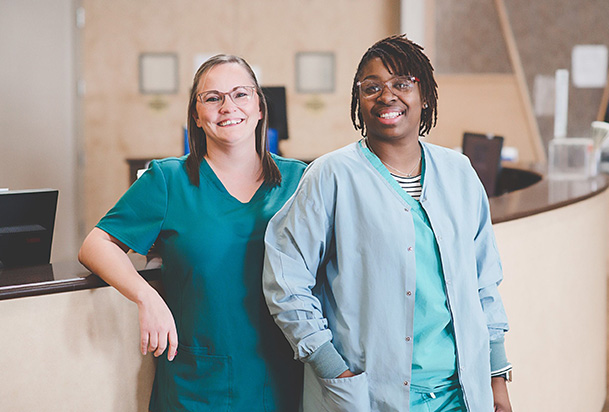
NMHS Delivers Innovative Cancer Services Close to Home
Cancer is the most complex health care journey most of us will ever face. The Cancer Care team coordinates your care with specialists and wraps support around you and your family.
Cancer is not a single disease, and treatments are constantly evolving to target tumors more effectively. The Cancer Care team harnesses advanced diagnostics, evidence-based guidelines and comprehensive treatment options to tailor a treatment plan that provides top tier care, close to home.
Includes non-small cell lung cancer, small cell lung cancer & large cell lung cancer
Includes colorectal, stomach & liver cancers
Includes brain and cranial nerve tumors
Includes prostate, testicular, kidney and bladder cancers
1,850
New cancer cases seen annually at NMHS Cancer Care
Our program is one of the largest by volume in the state of Mississippi.
12
Cancer Care physicians with board certification in oncology
Our team includes 10 doctors board certified in hematology & oncology and two in radiation oncology.
8
Locations for breast & lung cancer screening
Available in Tupelo, Amory, Eupora, Iuka, Pontotoc & West Point, Mississippi, and Hamilton, Alabama.
26
Oncology-certified nurses
Our nursing teams have sought additional training to meet the needs of cancer patients
Our Experts Team Up for You
Knowing that each cancer patient is unique, the Cancer Care team reviews individual cases at weekly tumor conferences. The team includes surgeons, radiologists, specialists, medical oncologists, radiation oncologists, nurses and other health care professionals. Based on the information presented, a tailored treatment plan is developed and shared with the care team. Current site-specific conferences meet for:
Related Locations
Mississippi’s only cancer center with all 5 accreditations
Patient Stories

‘Never Be Too Afraid to Check it Out’
Kristie Davis was only 33 years old when she found a lump in her breast
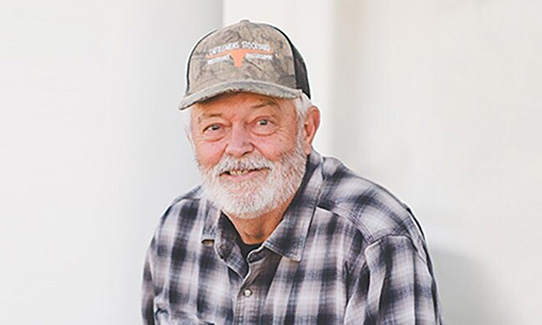
Survivor Advocates for Colon Cancer Screening
Shannon farmer celebrates 10 years as a cancer survivor

Breathing New Life into Lung Cancer Surgery
Robotic lung surgery offers patients less pain, excellent outcomes

‘Never Be Too Afraid to Check it Out’
Kristie Davis was only 33 years old when she found a lump in her breast

Survivor Advocates for Colon Cancer Screening
Shannon farmer celebrates 10 years as a cancer survivor

Breathing New Life into Lung Cancer Surgery
Robotic lung surgery offers patients less pain, excellent outcomes
Related Resources
View AllLearn about fields connected to Cancer Care

Clinical Research
Cancer Care physicians actively contribute to research to improve care for current and future patients. Trials are available for all stages of cancer and include treatments, testing for biomarkers and lab devices.

Clinical Research
Cancer Care physicians actively contribute to research to improve care for current and future patients. Trials are available for all stages of cancer and include treatments, testing for biomarkers and lab devices.
